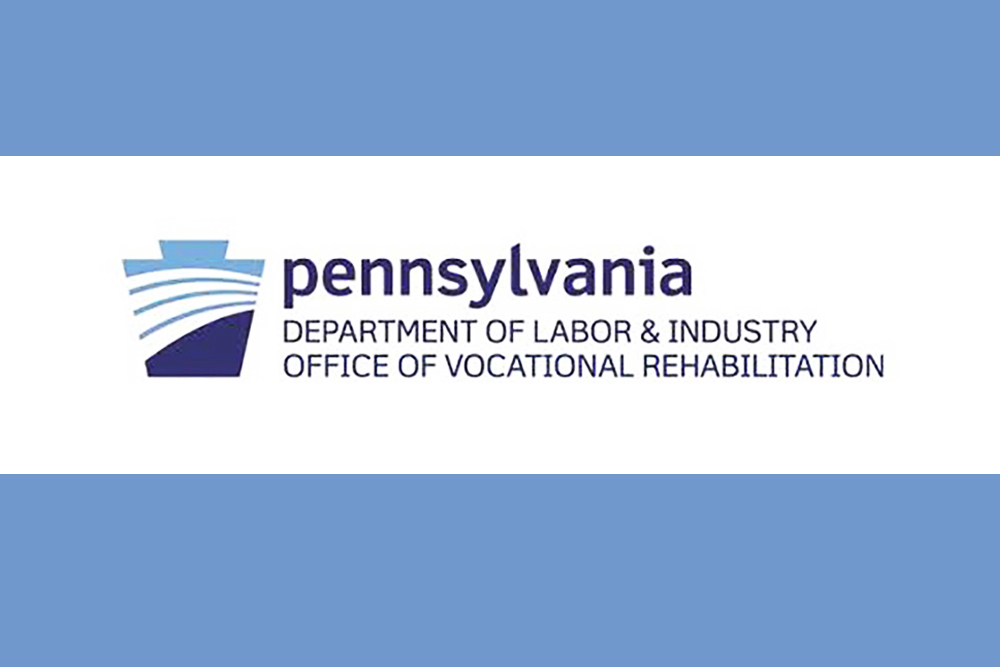Based on the federal Workforce Innovation and Opportunity Act enacted in 2014, the state’s Office of Vocational Rehabilitation (OVR) is required to write its own stand-alone annual state plan, “Vocational Rehabilitation Services Portion of the Combined State Plan.” This is a four-year workforce development strategy. The combined state plan will be available for public comment in January of 2016.
Community HealthChoices Draft RFP Released
Today, the Departments of Human Services and Aging announced the release of the draft of the request for proposal (RFP) to procure Community HealthChoices (CHC) and the program requirements that will be part of the agreement with the managed care organizations (MCOs).
The draft RFP, program requirements, and a summary document are available on the CHC website. Comments on the draft RFP should be sent via email (with “Community HealthChoices” in the subject line) by Friday, December 11, 2015.
IDD Update November 12, 2015
SCO Committee Clarification
The December 10, 2015, 9:00-11:00 am SCO Committee meeting is for RCPA’s Supports Coordination Organizations that are ODP funded. It is not for Service Coordination under the OLTL waivers.
Benjamin Lawsuit
A class action lawsuit filed against the state in 2009, Benjamin v. Department of Public Welfare, with a settlement agreement finalized in 2014, focuses on transitioning 80 individuals from state centers to the community by June 30, 2015. Since these transfers were not accomplished, an independent reviewer has been retained by the settlement parties to address the reasons and seek recommendations.
Potential Budget Deal in the Works
According to sources, it appears the caucuses have a framework in place for the 2015/16 state budget. The proposed plan would spend an additional $350 million for basic education, an additional $50 million for special education, and a 5 percent increase in funding for higher education.
In the potential budget deal, there will be additional property tax relief. Terms were still being negotiated on how the additional education funding will be distributed. Additionally, officials are trying to impose caps on how much school districts can raise property taxes in the future.
The potential budget deal would include:
- An increase in state spending up to $30.7 billion; that would be a 6 percent increase from last year’s approved budget.
- $500 million in slot-machine gambling revenue that is currently passed along to homeowners as school property tax cuts. That money would be diverted into a restricted account to pay for public school employee pension obligations.
- The loss of the slot-machine money for school property tax cuts would be replaced by about $2 billion expected from a state sales tax increase to 7.25 percent, up from the current 6 percent. The rate would rise to 8.25 percent in Allegheny County, where it is currently 7 percent, and to 9.25 percent in Philadelphia, where it is currently 8 percent.
The proposed budget would not include a new tax on Marcellus Shale; however, a cigarette tax and a tax on banks were still being discussed as potential revenue enhancements. Currently, there has been no specific mention of dollar amounts for health and human services, or providers being reimbursed by the Commonwealth for interest payments being made on loans that providers took out to continue health and human services.
Despite a possible agreement, legislators are still cautious about any last minute hiccups that might derail a potential budget deal. The budget deal could blow up if the governor and legislators cannot come to terms on how new money for schools and property tax cuts would be distributed to each district, and how to further limit the ability of school boards to raise taxes as part of the package of new money.
Some of the other budget highlights include:
- On pensions, the traditional pension benefit would survive, but newly hired public school and state government employees would get a diminished traditional pension benefit, plus a new, 401(k) style plan with a 2 percent contribution. According to estimates, this plan would save the state $12.5 billion in the coming decades.
- Changes to the state-controlled wine and liquor system were still under discussion, although the sides have agreed to make it part of an overall budget deal.
RCPA will provide updates on any budget deal, and encourages members to continue to contact the governor and state legislators to inform them why it’s necessary for them to pass a state budget sooner rather than later. Contact Jack Phillips with any questions.
Reminder: IRF QRP Data Due on Nov. 15
As a reminder to members, inpatient rehabilitation facility (IRF) quality reporting program (QRP) data collected between April 1, 2015 and June 30, 2015 must be submitted by Sunday, November 15, 2015. Additional information, including a list of the quality measure data that is due, is available on the IRF Quality Reporting Spotlight and Announcements web page.
IDD Update November 6, 2015
Home Care Rule
Linda Drummond, RCPA director, Intellectual and Developmental Disabilities Division, is working with the PA State Independent Living Council and Temple’s Institute on Disabilities, to determine the impact of the new US Department of Labor’s Home Care Rule on providers. Please share any questions, issues, or recommendations regarding this rule with Linda Drummond, for inclusion with the document being developed for the Department of Human Services, on areas of concern impacting service providers on implementation of this rule. This may be impacting LifeSharing/Shared Living, Participant Directed, and Companionship services.
IDD Update October 29, 2015
Licensing Update
The Department of Human Services Bureau of Human Services Licensing has issued an update regarding the certification and licensing system (CLS). Due to issues with providers regarding inaccurate certificates of compliance, it is necessary to make a system change to reduce the number of these errors.
CMS Releases Discharge Planning Proposed Rule
Today, the Centers for Medicare and Medicaid Services (CMS) released the proposed rule, Revisions to Requirements for Discharge Planning for Hospitals, Critical Access Hospitals, and Home Health Agencies. This revises the discharge planning requirements for hospitals (including inpatient rehabilitation facilities and long term care hospitals), critical access hospitals, and home health agencies; these requirements must be met in order to participate in the Medicare and Medicaid programs. The proposed rule also implements the discharge planning requirements of the Improving Medicare Post-Acute Care Transformation (IMPACT) Act of 2014, which strives to improve consumer transparency and beneficiary experience during the discharge planning process, by developing a discharge plan based on the goals, preferences, and needs of each patient.
Under the proposed rule, hospitals would be required to develop a discharge plan within 24 hours of admission or registration and complete a discharge plan before the patient is discharged home or transferred to another facility. These requirements will apply to all inpatients, and certain types of outpatients, including patients receiving observation services, patients undergoing surgery (or other same-day procedures where anesthesia or moderate sedation is used), and emergency department patients who have been identified as needing a discharge plan. In addition, hospitals will be required to:
- Provide discharge instructions to patients who are discharged home;
- Have a medication reconciliation process with the goal of improving patient safety by enhancing medication management;
- For patients who are transferred to another facility, send specific medical information to the receiving facility; and
- Establish a post-discharge follow-up process.
The proposed rule is scheduled to be published in the November 3, 2015 Federal Register with a 60-day comment period.
IDD Update October 27, 2015
ODP Updates
The Office of Developmental Programs has issued the following information:
- Announcement #097-15: ODP Year 8 Desk Review Procedures and Cost Report Submission Deadline Reminder; Thursday, October 29, 2015, is the final deadline for submitting cost reports and supplemental schedules for year 8.
Mass Adjustments of IRF PPS Claims
The Centers for Medicare and Medicaid Services recently identified a system’s error when calculating payments for inpatient rehabilitation facility (IRF) providers. To correct this error, a special wage index under the fiscal year 2016 IRF prospective payment system (PPS) will need to be implemented. This system fix will be implemented sometime around October 26, 2015. Providers’ Medicare administrative contractor will mass adjust affected IRF PPS claims with dates of service on or after October 1, 2015. No provider action is required.















